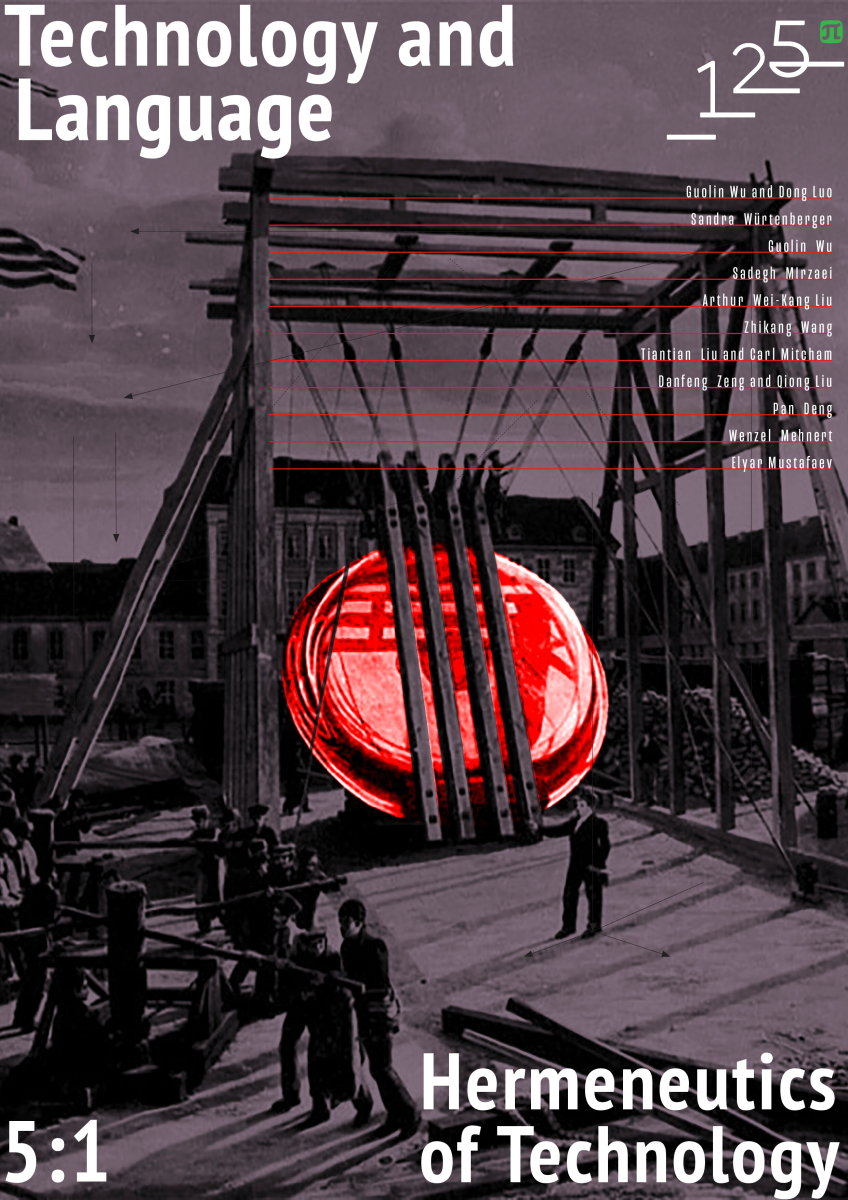Ontology of Artificial Intelligence as a Field of Engineering
A major point of interest and fascination in our contemporary world is to include artificial intelligence (AI) technologies in resource turnover based on the development of multidisciplinary (convergent) scientific areas combining engineering and cognitive sciences. Such areas as philosophy and linguistics occupy an important place as a tool for creating metatheories, as well as inclusive AI pedagogy requiring special pedagogical tools and other approaches to learning that are based on the principles of biomimetics. Convergence is necessary in terms of the interaction between technical and social systems. Computational and cognitive models of consciousness, language, intellectual and cognitive functions from the standpoint of the philosophy of science and technology are actively developing modern fields of knowledge. The effectiveness and quality of intelligent technical systems (ITS) is determined by cognitive technologies. Developments of hardware and software and applied (meta) materials lead to an increase in resilience and durability, reliability, and fault tolerance. Convergence raises the issue of the nomenclature of existing specialties and the need to introduce the qualification of an “ontology engineer” who should solve the problems of functional integrity in emerging systems engineering. In systems engineering the conceptual design for the life cycle of artificial objects is currently inspired by classical metaphysics. In real practice, when implementing the life cycle of ITS, postmodern presumptions appear giving rise to problems of irreducibility and incompleteness of languages describing various models (paradigms). This approach requires an ontology engineer as a new profession.



